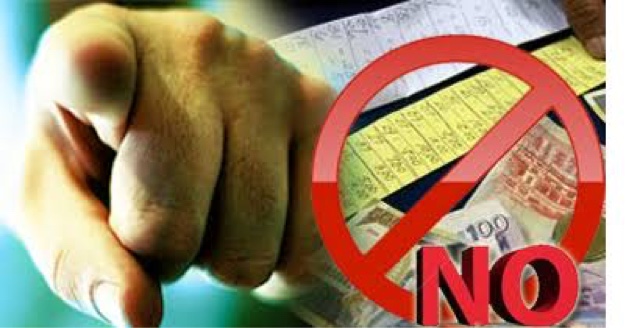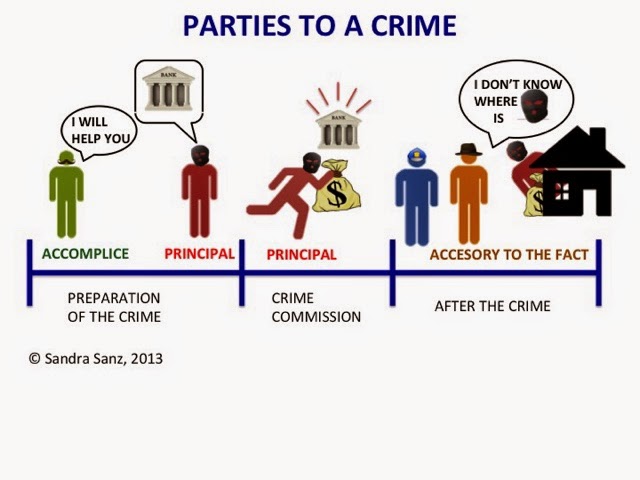E-Subpoena: A Breakthrough in Philippine Judicial System
On Wednesday, April 30, the Philippine government has officially launched the e-subpoena system aimed at helping secure better attendance of police witnesses in criminal cases.
The e-Subpoena, which was approved by the SC en banc, is a Web-based system designed to prevent delay in disposition of cases caused by non-attendance of PNP witnesses.
Based on initial information, it appears that the online system will only be used by the courts to send e-subpoena to police personnel and not to private litigants in court.
The electronic system, an initiative of the Justice Sector Coordinating Council, will be piloted at the Quezon City trial courts and in PNP stations in the city.
In a report, the Philippine Daily Inquirer said the e-Subpoena process starts with the clerk of court sending the details of the subpoena via the Internet to a police unit where a police witness is assigned.
“The Chief of Police of that unit will then acknowledge the subpoena, print a copy, and hand it to the witness,” the report said.
Sereno called the e-Subpoena system a “breakthrough,” saying delays caused by non-appearance of witnesses can be attributed to the country’s archaic postal system.
De Lima, on the other hand, said that while it took a long time before the government finally used technology to enhance court processes, initial work towards computerization has nonetheless commenced under the current administration (http://newsbytes.ph/2014/04/30/e-subpoena-for-courts-police-formally-launched/).
Before this breakthrough e-subpoena can be fully appreciated, one shall have a knowledge on what this subpoena is all about and how this can be served to the concerned. The Revised Rules of Court of the Philippines provides the definition of a subpoena and the manners on which it is being served.
Definition of a Subpoena:
A subpoena is a process directed to a person requiring him to attend and to testify at the hearing or the trial of an action, or at any investigation conducted by competent authority, or for the taking of his deposition. This kind of subpoena is known as subpoena ad testificandum.
A subpoena may also require the person to bring with him any books, documents, or other things under his control, in which case it is called a subpoena duces tecum.
Based on the definition of the subpoena, it is issued by the competent authority conducting the hearing or the trial of an action or conducting the investigation just like the Congress of the Philippines.
A person to whom the subpoena is directed to is either required to testify in open court or before any competent authority or he shall be required to bring documents, books, or other things under his control or both to testify and to bring what is required of him.
Before the launch of the e-subpoena system, the service of the subpoena shall be done in the following manner.
Service of a subpoena shall be made in the same manner as personal or substituted service of summons. The original shall be exhibited and a copy thereof delivered to the person on whom it is served, tendering to him the fees for one day's attendance and the kilometrage allowed by the Rules, except that, when a subpoena is issued by or on behalf of the Republic of the Philippines or an officer or agency thereof, the tender need not be made. The service must be made so as to allow the witness a reasonable time for preparation and travel to the place of attendance. If the subpoena is duces tecum, the reasonable cost of producing the books, documents or things demanded shall also be tendered.
It is noted that that subpoena shall be served in the same manner as personal or substituted service of summons.
Personal service of subpoena, as what has been stated in the personal service of summons, shall be served by handing a copy thereof to the person to whom it is directed, or, if he refuses to receive and sign for it, by tendering it to him.
Substituted service of subpoena is resorted only on justifiable reason if the person to whom it is directed cannot be served within reasonable time as provided in the personal service of subpoena, service may be effected (a) by leaving copies of the summons at the defendant's residence with some person of suitable age and discretion then residing therein, or (b) by leaving the copies at defendant's office or regular place of business with some competent person in charge thereof.
However, it is not always the case. The subpoena is mostly sent through registered mail via the postal system of the country. This kind of system is really of its slowest mode or indeed following a snail-paced service of subpoena. Because of this, most of the subpoena would not be sent to the person it is addressed.
If the person to whom the subpoena is addressed cannot receive the subpoena, he cannot of course attend the hearing or investigation of the case. The result would be the dismissal of the case, most of the time.
Thus, cases are dismissed not because the complainant or witnesses are no longer interested to pursue the same but they are not notified due to the fact that they were not able to receive any subpoena from the court or any competent agency.
In this manner, the e-subpoena system is indeed a breakthrough. It will not only dispose the case with dispatch but also would provide due process to all the concerned.
However, it is not always the case. The subpoena is mostly sent through registered mail via the postal system of the country. This kind of system is really of its slowest mode or indeed following a snail-paced service of subpoena. Because of this, most of the subpoena would not be sent to the person it is addressed.
If the person to whom the subpoena is addressed cannot receive the subpoena, he cannot of course attend the hearing or investigation of the case. The result would be the dismissal of the case, most of the time.
Thus, cases are dismissed not because the complainant or witnesses are no longer interested to pursue the same but they are not notified due to the fact that they were not able to receive any subpoena from the court or any competent agency.
In this manner, the e-subpoena system is indeed a breakthrough. It will not only dispose the case with dispatch but also would provide due process to all the concerned.


Comments
Post a Comment